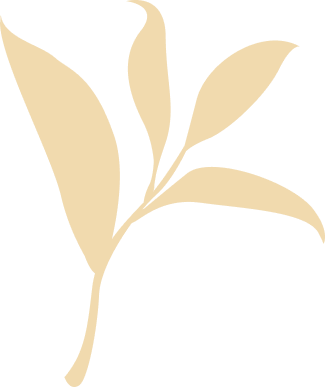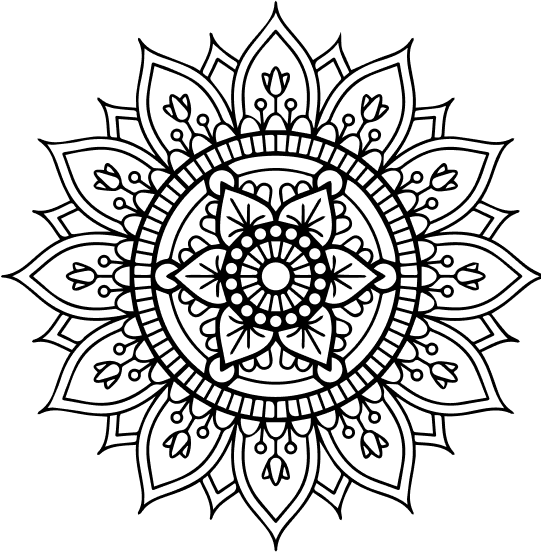
Evidence-backed claims for ingredients
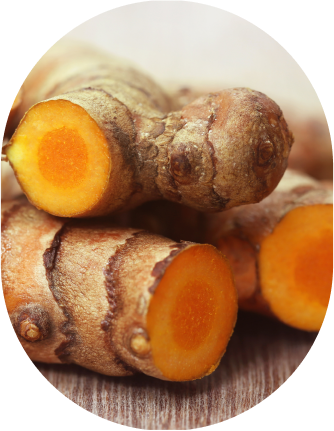
Turmeric (Curcuma Longa) [Study published by: Vytrus Biotech]
Curcuma Longa (Turmeric) derived Capilia Longa has outstanding results in the clinical trials (up to 89% hair loss reduction, up to 52% hair density increase and an average of 13500 new hairs), compared to competitor ingredients it is clearly the one with the highest efficacy (it’s average hair density increase is 17%, more than double compared to its closest competitor), it is completely safe and can be used continuously, works at 1% dosage, offers growth factor-like effect and costs around 10 times less than a reference pharma options.

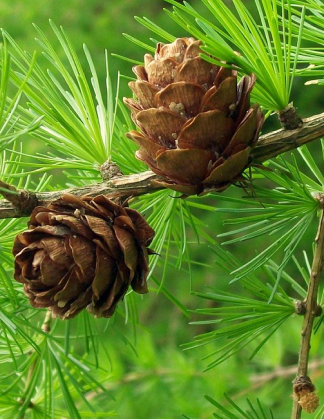
Redensyl (European Larchwood extract) [Study published by: Robert James Clinic]
Redensyl demonstrates substantial clinical efficacy, with 85% of volunteers experiencing notable improvements. Comparative analysis reveals an impressive 214% increase in hair growth compared to untreated conditions, surpassing the effectiveness of reference pharma options by a factor of two. The trial data also highlights the emergence of up to 10,000 new hairs. Additionally, Redensyl exhibited a significant 17% reduction in hair loss, establishing its clinical relevance in promoting hair health.

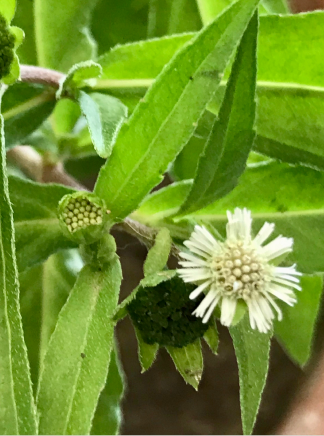
Bhringraj (Eclipta Alba) & Jatamansi (Nadosstachys jatamansi) [Study published by: International Journal of Advanced Research]
Even a short-term treatment with Eclipta Alba (Bhringraj) and Jatamansi is effective in significantly reducing hair loss and may stimulate new hair growth in a portion of the subjects. There was a significant reduction in the hair symptoms (itching, irritation and dryness of the scalp) and there was a significant improvement in the tensile strength of hair. After 7 weeks of treatment, majority of the subjects (>75%) reported near complete elimination of hair loss.

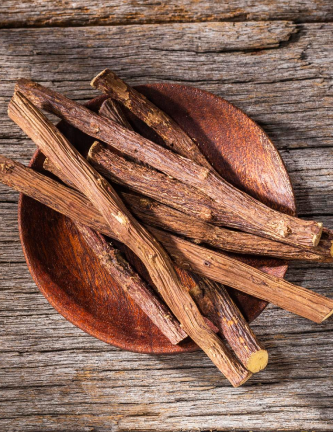
Yashtimadhu (Licorice Root) [Study published in: World Journal of Pharmaceutical Research]
Yashtimadhu (Licorice Root extract) has been proven experimentally for its hair growth stimulatory activity. The hydroalcoholic extract of liquorice showed good hair growth promoting activity. Comparison between liquorice extract and the standard pharma option used showed better hair growth stimulatory activity than reference pharma options. Thus, after efficacy and safety analysis, it has been concluded that liquorice has a significant hair growth activity and it can be safely used in herbal formulations in treatment of various types of Alopecia.

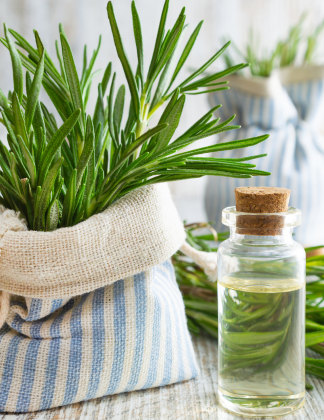
Rosemary Oil [Study published in: National Library of Medicine]
A single-blind, randomized clinical trial investigated the clinical efficacy of rosemary oil in the treatment of AGA and compared its effects to pharma options. The study showed that application of rosemary oil was as effective as pharma options. In addition, there was better treatment adherence in the rosemary group as compared with the control group. The study provided evidence with respect to the efficacy of rosemary oil as an alternative treatment option for AGA

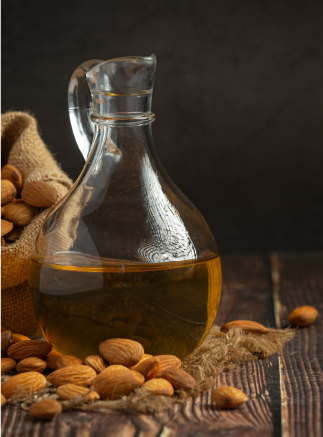
Almond oil (Prunus Dulcis) [Study published in: Biology and Medicine]
Prunus Dulcis possessed greater potential in promoting the hair growth and induced the anagen phase in telogen (resting) phase of hair follicles. This pattern of growth may be due to the premature shifting of hair follicles from the telogen to anagen phase. Conversion of short hairs to long terminal hair, follicular size enlargement and prolonged anagen phase is due to increased rate of proliferation of cells. Prunus Dulcis showed considerable hair growth promoting activity which was well comparable with that of standard pharma options.
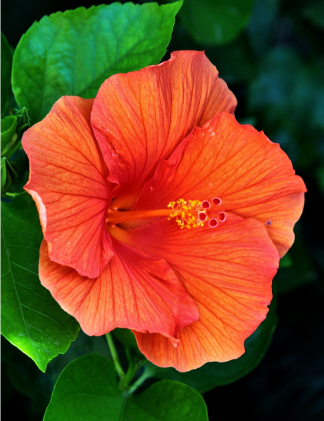
Hibiscus leaf [Study published in: Archives of pharmacy practice]
Hibiscus Leaf extract has impact on hair follicle. It gives positive result on hair growth. The leaves and flower extract-treated groups also produce a significant effect with respect to the control. But, the leaves extract-treated group showed more positive result compared to the flower extract-treated group.
